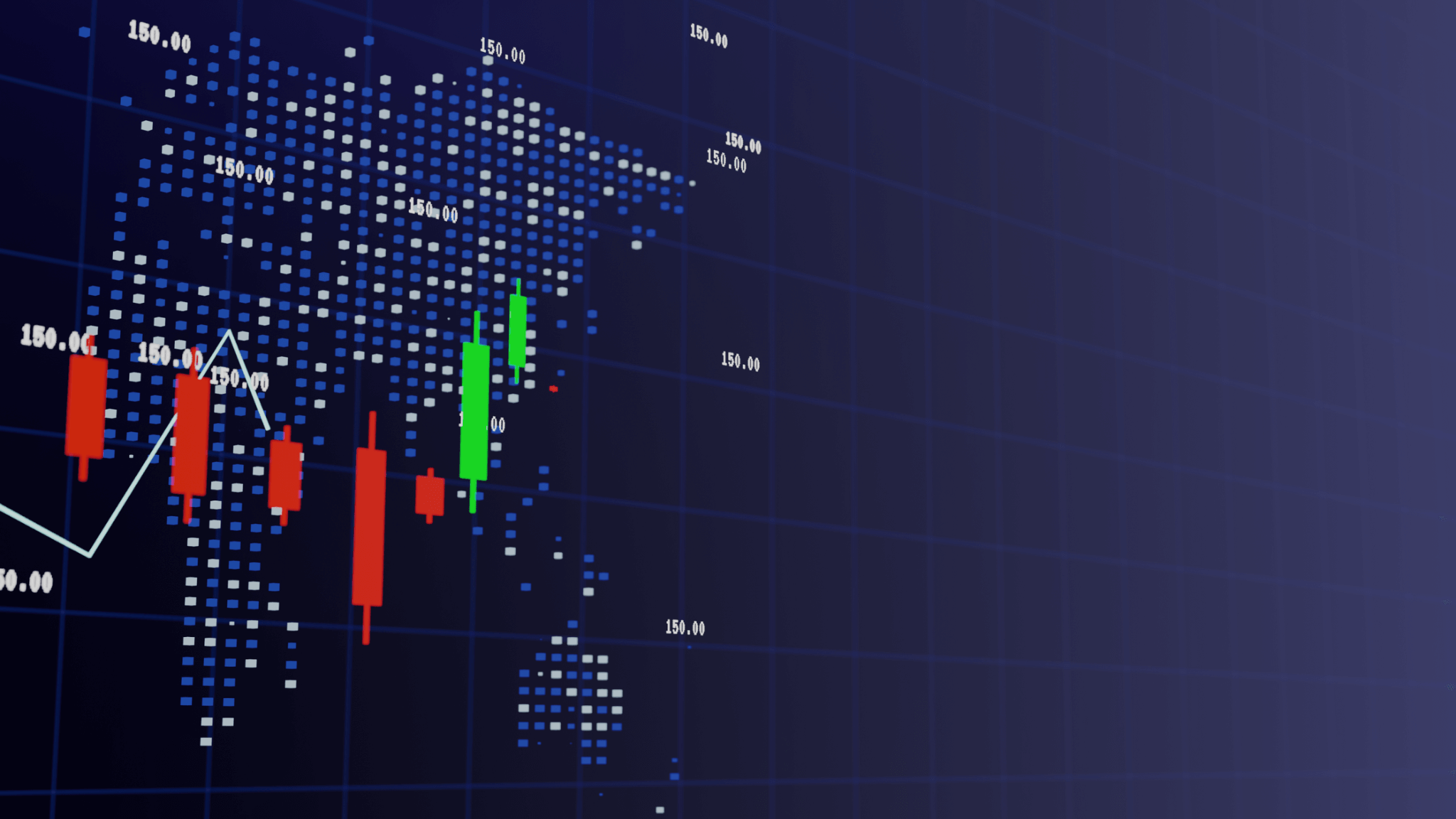In our journey through the complex world of stock marketing, we've found futures trading to be a compelling avenue worth exploring. For both seasoned traders within the NGCB Group and newcomers alike, futures offer a blend of speculation, risk management, and financial opportunity that cannot be ignored. This comprehensive guide aims to share our insights and strategies for mastering the intricacies of futures trading
What Are Futures?
Futures in stock marketing are like agreements you'd make to buy or sell something specific, like stocks or commodities, at a set price on a future date. Think of them as promises tied to the value of something else, known as the underlying asset. Unlike some other financial tools, with futures, you're committed to fulfilling that promise.
Imagine you're a farmer growing corn. By using a futures contract, you can lock in a price for your corn months before it's even harvested. This way, you're shielded from unpredictable market swings. However, if corn prices suddenly soar, you're locked into that predetermined price, missing out on potential extra earnings.
So what is futures trading? Futures trading involves entering into contracts that obligate parties to trade a specified item at a predetermined price and date in the future. At the contract's maturity, irrespective of the prevailing market rates, the involved parties mustexecute the transaction based on the agreed-upon price. This type of trading typically centers around underlying assets, which can be physical commodities or various financial instruments. These futures contracts are standardized, detailing the asset's quantity, to ensure a streamlined trading environment. The primary objectives of engaging in futures trading are either for speculative purposes, anticipating future price movements, or for hedging, aiming to mitigate potential risks associated with price fluctuations.
Now, when it comes to trading, you have choices. If you're bullish, you might buy a futures contract, agreeing to buy the asset later at a price you've already set. On the flip side, if you're bearish or have the asset in hand, you could sell a futures contract, committing to deliver it later at a predetermined price.
In essence, futures offer a way to manage risks and speculate on price movements. They're a vital tool in the financial world, allowing individuals and businesses alike to navigate uncertainties and make informed decisions. Standardization: Ensuring Uniformity
The essence of futures lies in their standardization. This uniformity, covering aspects such as quality and quantity, fosters a transparent and efficient trading environment for participants.
The Dynamics of Futures Trading

Operational Nuances
While futures share similarities with forward contracts, there are distinct operational differences. These standardized financial derivatives facilitate the seamless trading of various underlying assets, ranging from commodities to financial instruments.
Benefits and Risks
Risk Management
One of the key advantages of futures trading is its risk management capabilities. By locking in future prices, investors can hedge against adverse market movements, thereby mitigating potential losses.
Speculation and Profit Potential
Beyond risk management, futures trading offers significant profit potential through speculation. Accurately predicting market trends can lead to capitalizing on lucrative opportunities and generating returns on investments.
Futures and Speculation
Engaging in futures trading enables traders to forecast the movement of a commodity's value. For instance, if a trader acquires a futures contract and the commodity's value escalates above the contract's initial price by its expiration, the trader stands to gain. They would sell the long position of the futures contract before it expires, capturing the profit.
This profit difference is settled in cash within the trader's brokerage account, without any actual product exchange. Conversely, traders face potential losses if the commodity's value falls below the contract's purchase price.
Traders can also adopt a short position if they anticipate a decline in the commodity's value. Should the value indeed drop, the trader can close out the contract with a corresponding position. The resulting profit or loss is determined upon the contract's expiration. Profits arise when the commodity's value is beneath the contract price, while losses occur if the value surpasses it. This clarifies what is futures trading.
Getting Started: A Step-by-Step Guide
Choosing the Right Brokerage
Starting in futures trading requires aligning with a reputable brokerage firm[^2^]. Assessing factors such as investment experience and financial background helps customize margin and position parameters for a tailored trading experience.
Embracing Paper Trading
Before transitioning to live trading, utilizing paper trading platforms can be beneficial. These simulated environments allow investors to refine strategies and skills without risking real capital.
Exploring Diverse Futures Markets
Financial Futures
Financial futures present a myriad of opportunities, including index and interest rate contracts. These contracts provide exposure to specific market indices and debt instrument interest rates, catering to diverse trading needs.
Currency, Energy, and Metal Futures
Diverse sectors like currency, energy, and metals offer additional avenues for exploration[^3^]. Currency futures enable speculation on global exchange rates, while energy contracts provide insights into commodities such as oil and natural gas.
Agricultural and Livestock Futures
The agricultural and livestock futures markets play a vital role, in influencing global food supply chains and meat industry dynamics[^3^]. These contracts allow traders to navigate agricultural markets and capitalize on emerging trends.
Options vs. Futures: A Comparative Analysis
Distinguishing between options and futures is essential given their distinct operational paradigms]. While options provide the right, but not the obligation, to buy or sell assets, futures contracts mandate adherence to fixed terms, emphasizing informed decision-making.
Trade with Newton Global.
At NGCB, we are excited to capture your interest by providing you with CFD (Contracts for Differences) offerings for trading purposes. Introducing NG MetaTrader 5, our premier solution meticulously designed to create a secure, transparent, and efficient trading environment. Experience the convenience of low deposit requirements, competitive spreads, and cutting-edge tools, all crafted to elevate your trading journey. Whether you are a seasoned trader or a newcomer to the futures market, NG MetaTrader 5 is tailored to meet your requirements. Partner with NGCB Group to navigate the complex world of the stock market confidently. Join us on a journey to financial prosperity, leveraging the unparalleled advantages of our CFD trading platform.
Conclusion: Embracing the Potential of Futures
In conclusion, navigating the intricacies of futures trading within the stock market requires insight, strategy, and perseverance. This comprehensive guide has shed light on this dynamic investment avenue's nuances, benefits, and risks. As you delve deeper into the future, it's essential to approach with caution, armed with knowledge and a clear understanding of market dynamics. Remember, futures offer speculation and risk management avenues, demanding meticulous attention to detail and informed decision-making. By harnessing the insights gleaned from this guide and continually adapting to market shifts, you position yourself for success. Stay vigilant, remain adaptable, and may your future trading endeavors yield growth and fulfillment in your investment journey.


